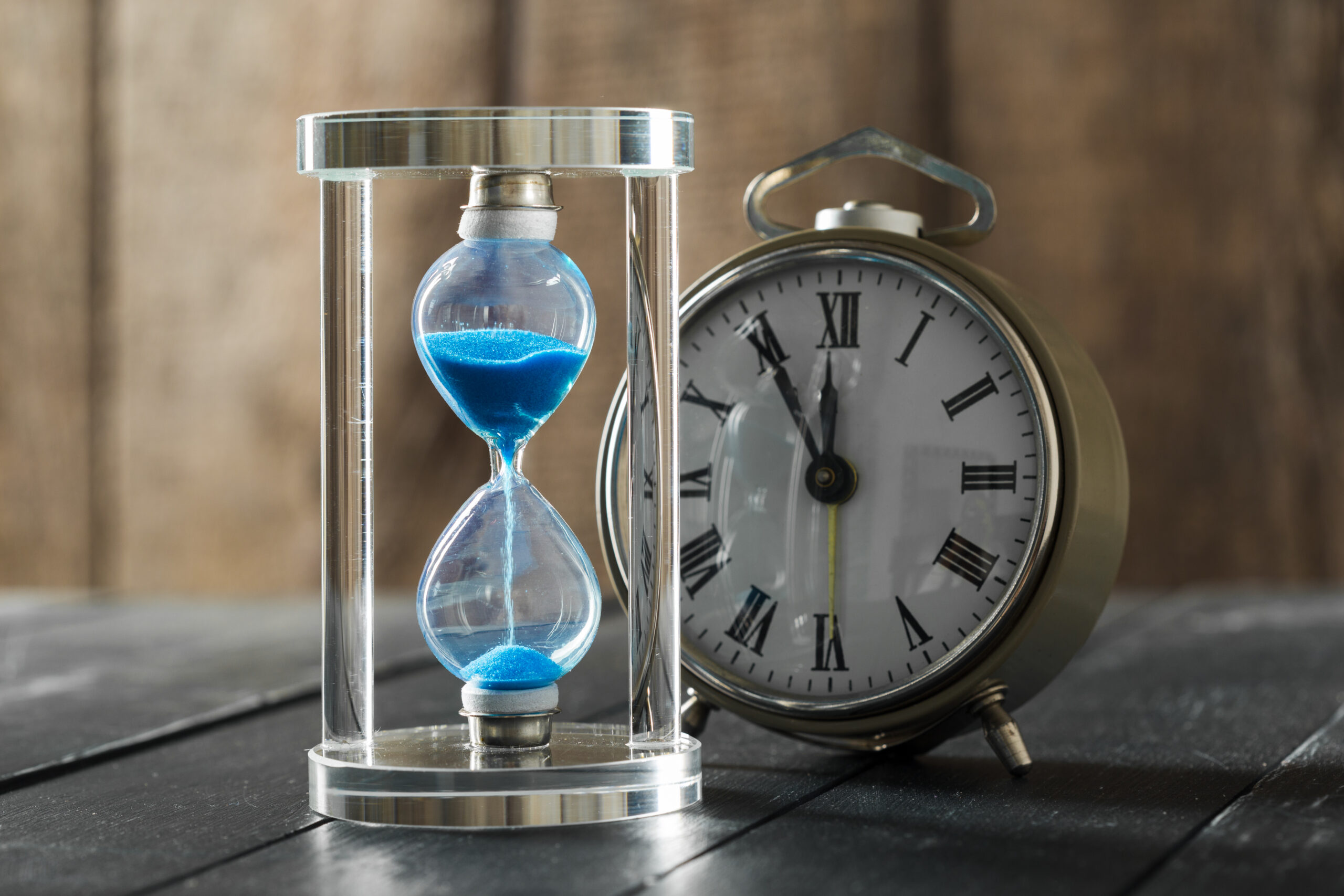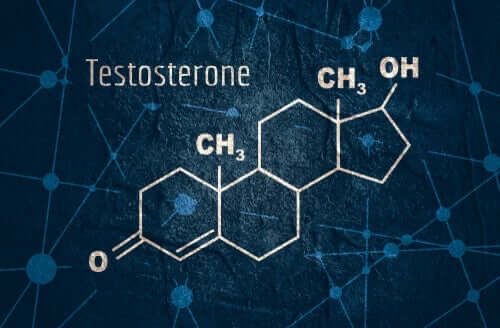Around the age of 30, male sex hormones such as testosterone begin to decline. The media have called this the ‘male menopause,’ but this is an entirely normal part of aging and is not the same as female menopause.
If our hormones become out of balance or drop too low, we can feel irritated, tired, gain weight, and lose our sex drive. Low testosterone levels are usually the main culprit for this. As you age, taking care of and monitoring your hormone health is essential to avoid symptoms that can impact your everyday life.
You may be eligible for hormone replacement therapy (HRT) if you have a hormone imbalance. Below we look at HRT in more detail, including the symptoms of hormone imbalance, how to measure your hormone levels, and the risks and benefits of using HRT for men.
What Is Hormone Replacement Therapy (HRT) for Men?
Hormone replacement therapy (HRT) is used in men who need help regulating their hormone levels. Hormone therapy uses synthetic hormones that act like your body’s hormones. Therefore, it restores hormones to a healthy level so your body can function normally.
The most common hormone replacement therapy for men is testosterone replacement therapy (TRT). This treatment increases testosterone production when your body cannot produce enough on its own. HRT or testosterone therapy can be prescribed for testosterone deficiency. In medical terms, low testosterone is called male hypogonadism.
What Is Testosterone?
To understand how low testosterone can affect your life, it’s important to know what testosterone is and how it works. Testosterone is a male hormone known as an androgen. It is produced mainly in the testicles.
During development in the womb, testosterone stimulates the growth of the testicles and penis. It is responsible for developing and maintaining male characteristics but plays other vital roles in the body.
As you reach puberty, testosterone reaches an all-time high. This creates a change in your body which causes more body hair, an increased libido, and a change in voice. Testosterone’s primary responsibilities in the body include:
- Production of sperm
- Increased sex drive
- Maintenance of healthy bones by increasing bone density
- Building muscle mass and strength
- Production and maintenance of a healthy red blood cell level
- Protection of your organs and brain
- Regulation of mood
- Healthy distribution of body fat
- Decreasing inflammation
- Promoting body and facial hair growth
Without enough testosterone, your body cannot function optimally. This is where testosterone replacement therapy comes in.
What Happens to Testosterone as You Age?
As you age, your body’s testosterone levels decrease gradually. This happens around the age of 30, but it can occur earlier in some men. Natural testosterone levels drop by around 1% each year and are unlikely to cause significant symptoms. Low testosterone levels become an issue when they decrease more than 1% yearly or drop too low.
As your body and testicles age, they become incapable of producing the same testosterone levels. This gradually causes decreased energy, increased weight around the stomach, fluctuating memory and mood, and a lower sex drive. To counteract this, testosterone replacement therapy may be recommended.
How Is Your Life Affected by Hormone Imbalance?
The symptoms of gradually lowered testosterone levels are part and parcel of aging. If your hormones drop too quickly, you will notice significant symptoms which can negatively influence your daily life.
Low testosterone levels are known as ‘testosterone deficiency,’ ‘andropause,’ or ‘male hypogonadism.’ All these terms refer to a male clinically diagnosed with low testosterone levels.
What Are Symptoms of Low T?
As testosterone regulates and maintains so many bodily functions, the symptoms of low testosterone can vary. Some commonly known symptoms of low testosterone include a lowered sex drive and difficulty getting an erection.
Less commonly known symptoms of low testosterone include:
- A lower sperm count
- A change in mood, such as feeling irritable, sad, or angry
- Weight gain, especially in areas around the stomach and midsection
- A decrease in energy levels or feeling tired all the time
- A reduction in muscle mass
- Trouble thinking clearly or difficulty with memory
- Hair loss, or a decline in the growth of facial and body hair
- Difficulty sleeping
- Reduced stamina, which can make it harder to play sports or exercise
Low testosterone can also increase the risk of certain medical conditions, such as:
- Erectile dysfunction
- Diabetes
- Depression and anxiety
- Heart disease
- Stroke
- Diseases of the respiratory system
- A lower mortality rate
- Osteoporosis, which is a thinning of the bones caused by low bone density
What’s Irritable Male Syndrome?
‘Irritable male syndrome’ is another term coined by the media to describe a testosterone imbalance. As testosterone can help regulate mood, it can directly impact how you feel and act towards others when it becomes low. You or those close to you may have noticed you are more irritable than usual, have a ‘short fuse,’ or have withdrawn from things you like.
These are all signs of testosterone deficiency, and it can be challenging to manage without the proper treatment. Low testosterone could be to blame if you notice a change in mood as you age.
How Do You Measure Your Hormone Levels?
You can measure your hormone levels with a hormone blood test. You can also measure your hormone levels with an at-home blood test kit. Once you have taken a sample, you will send it to a lab to be tested.
A hormone blood test will measure free and total testosterone levels and hormones like luteinizing hormone and prostate-specific antigen. The test will also check for high follicle-stimulating hormone (FSH) levels. Raised follicle-stimulating hormone levels can be a cause of testosterone deficiency syndrome.
Normal serum testosterone levels are around 350 to 750 ng/dL.
How Do You Know If HRT Is Right for You?
The only way to know if hormone replacement therapy is the right choice is by taking a blood test. This can give a healthcare professional a comprehensive picture of your hormonal health to determine the root cause of your symptoms, such as low testosterone.
Although you can improve testosterone levels through lifestyle changes and natural testosterone boosters, testosterone replacement therapy is the quickest and most effective option.



